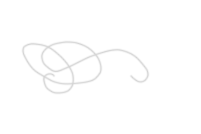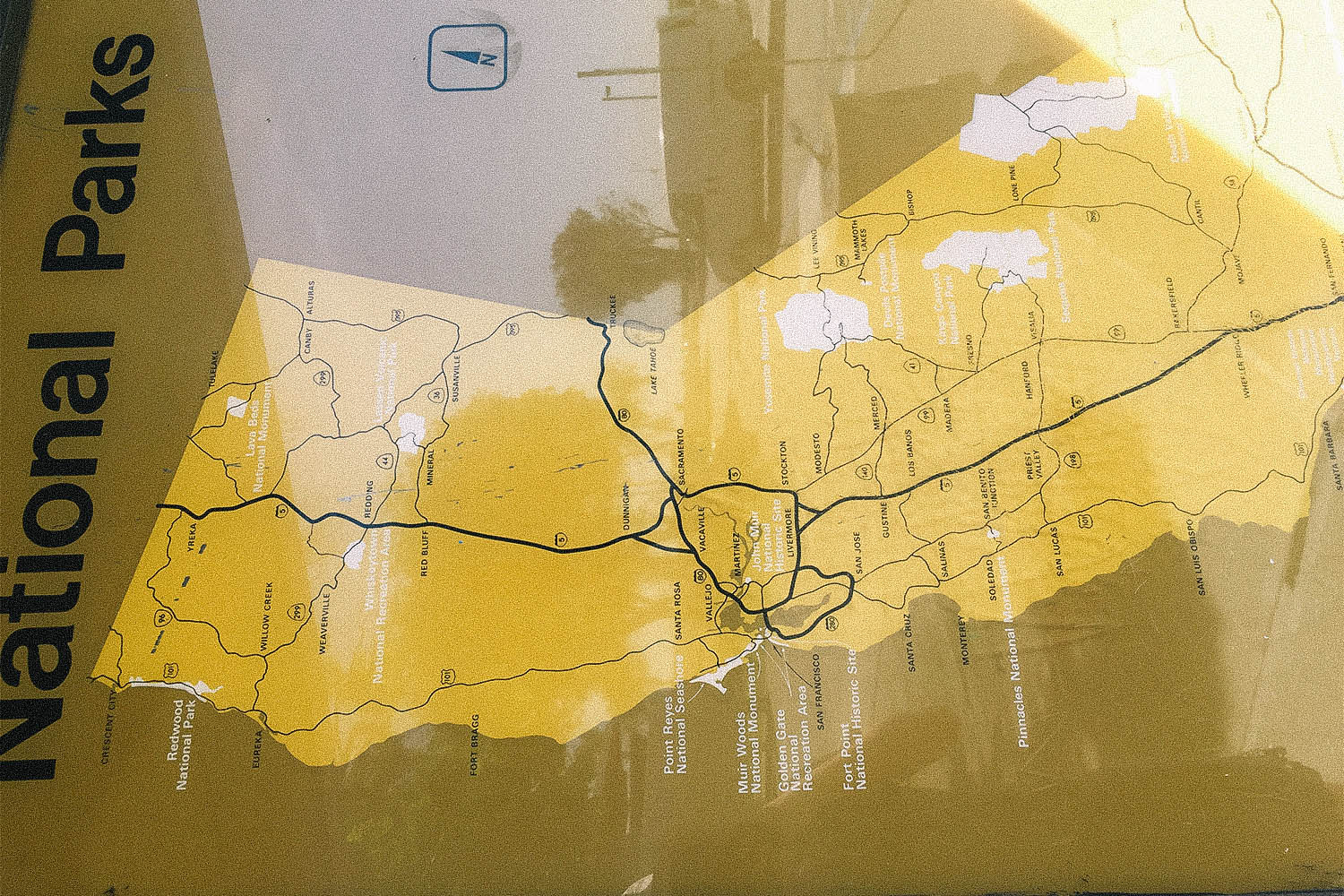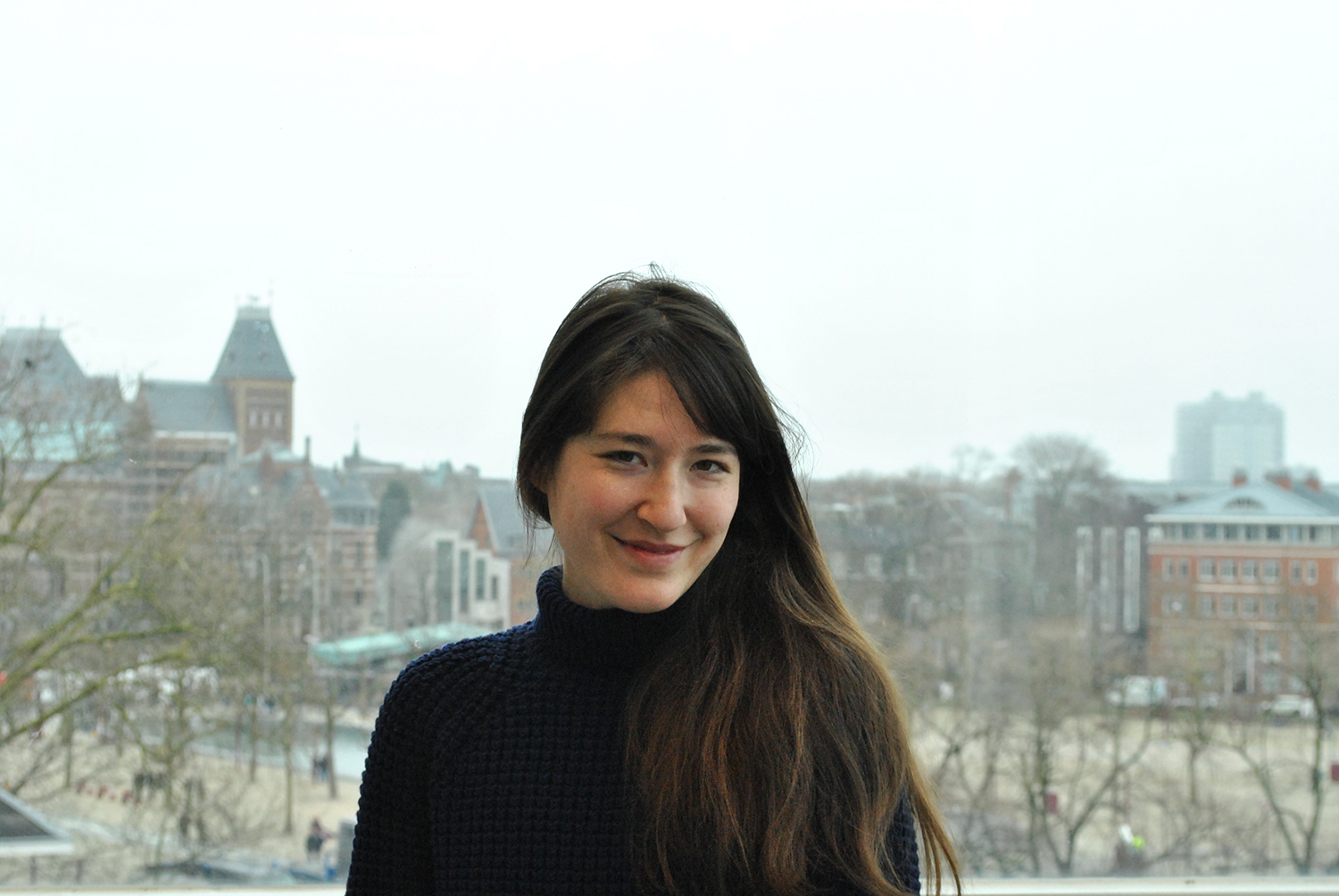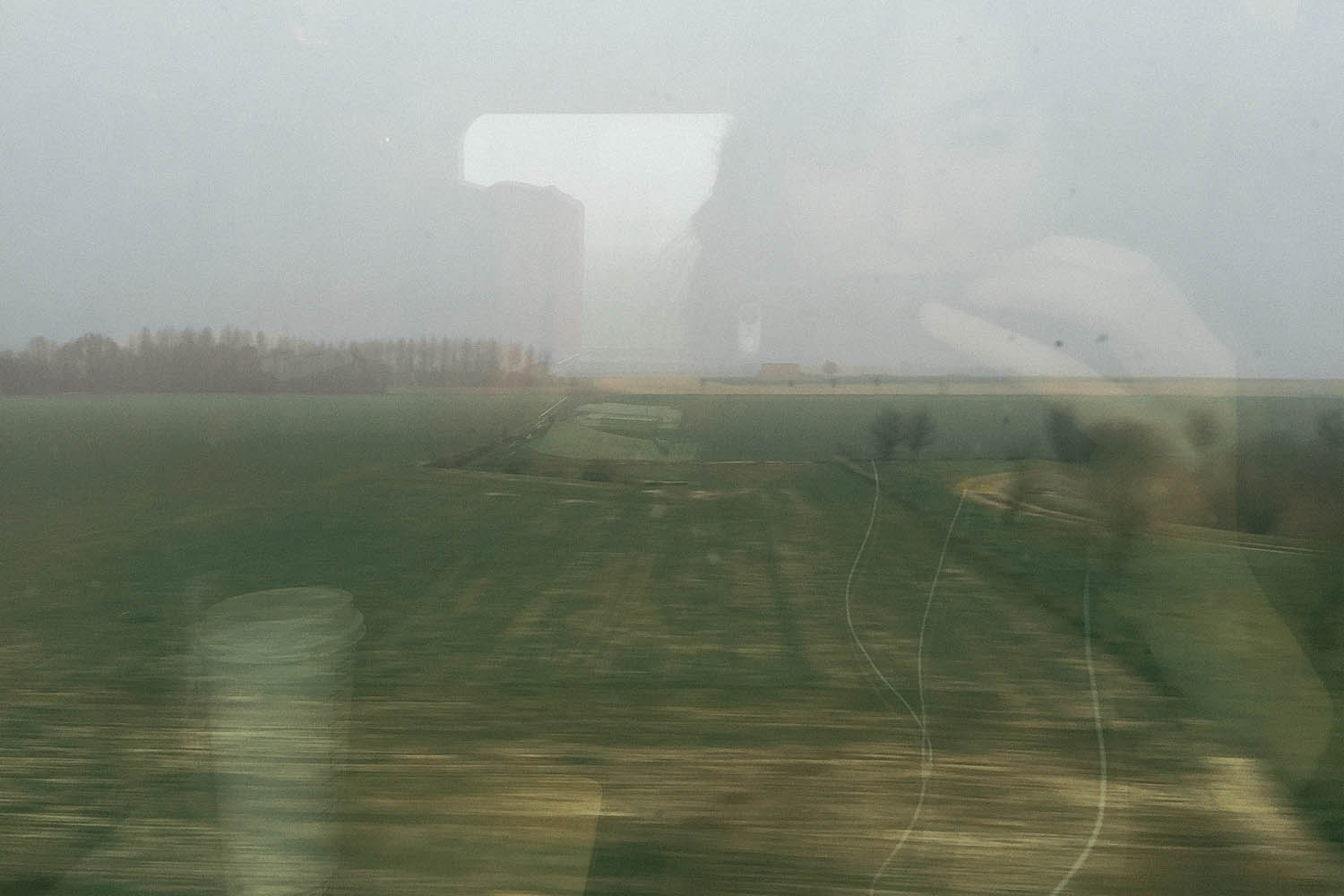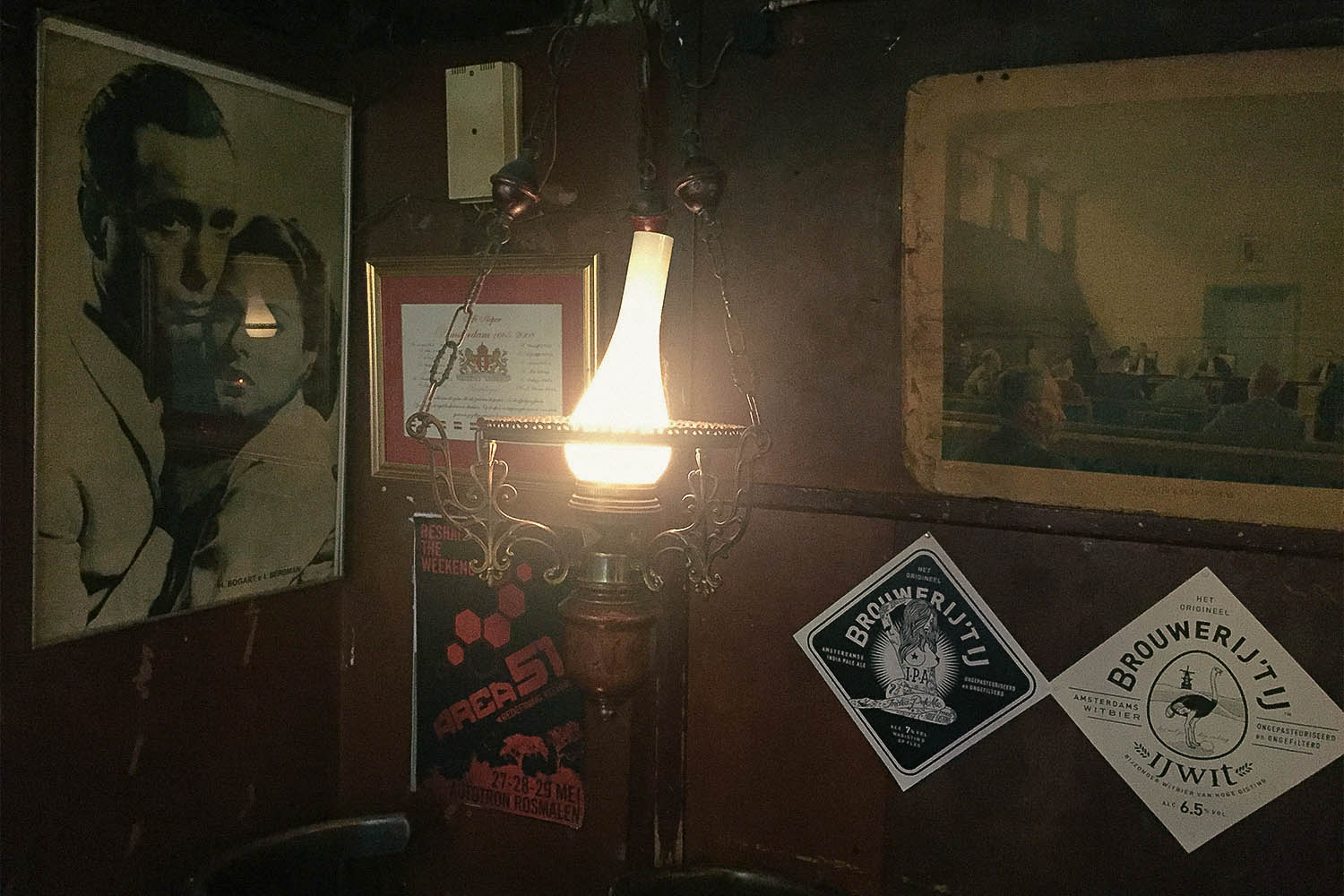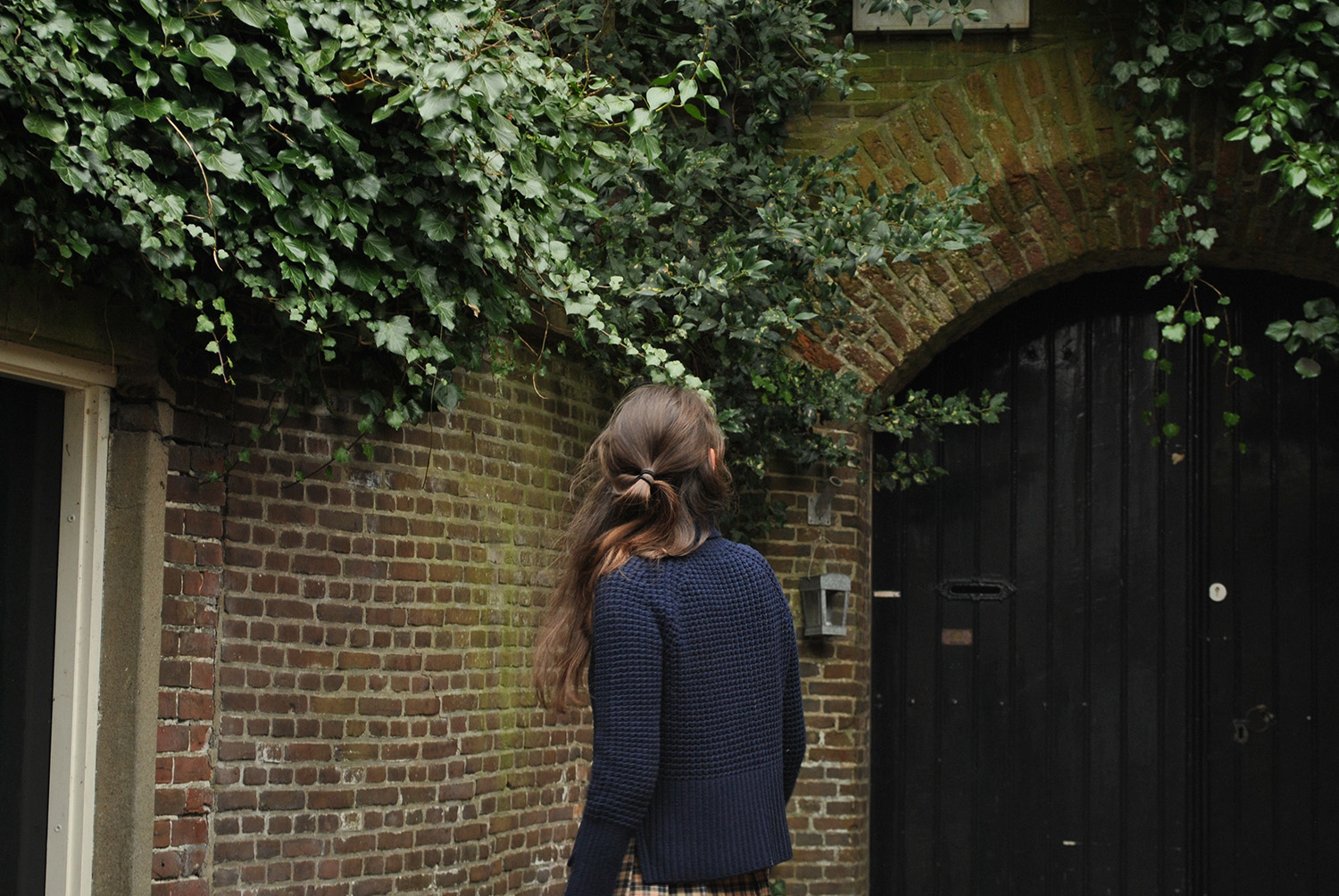
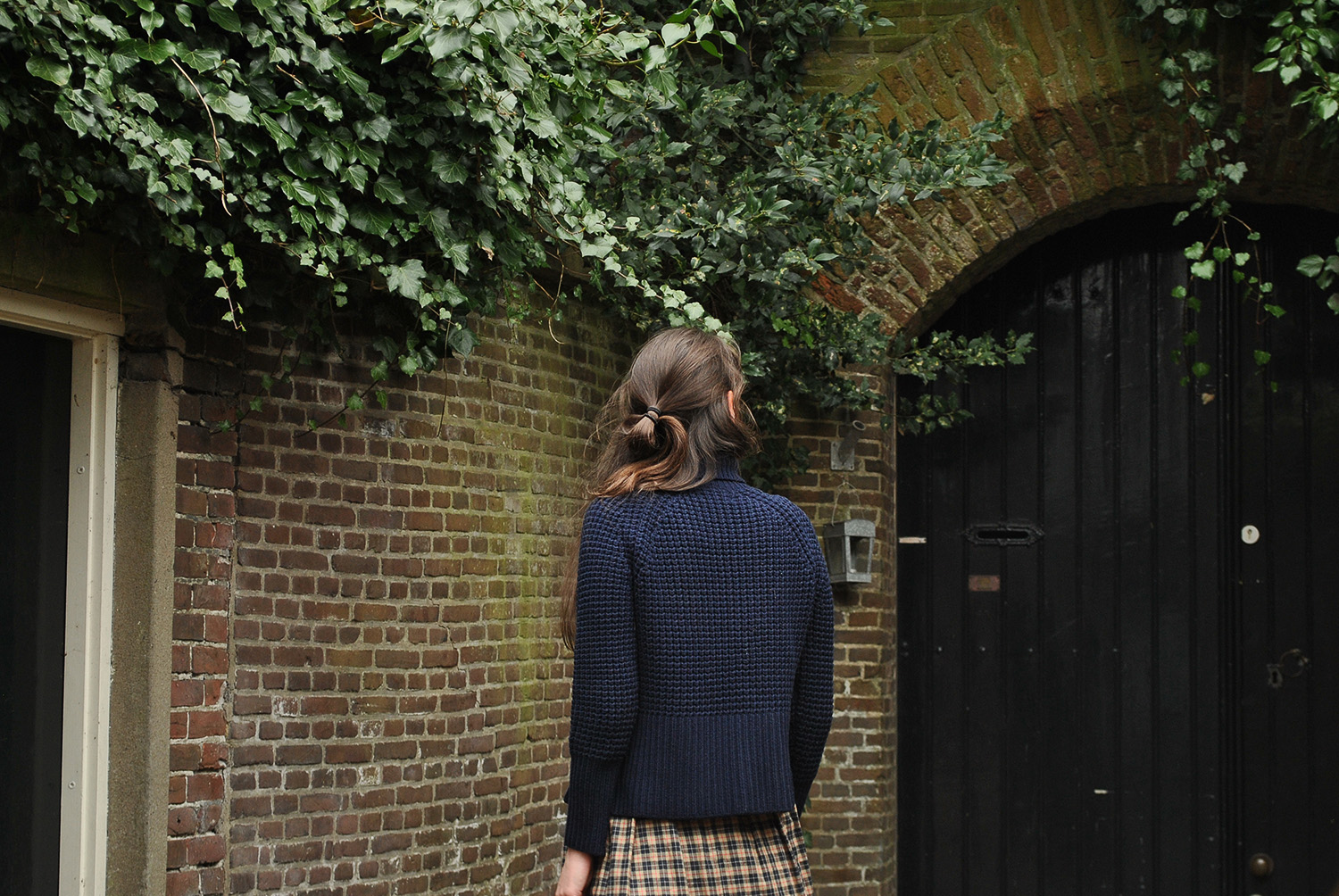
Deep into spring and through with April, I look back to discover moments that quietly slipped by to be some of the easiest to make out. Like rainfall on the second to last night in Amsterdam en route to purchase tickets for the Rijksmuseum, or the bartender briskly correcting my pronunciation of “La Chouffe” at the historic Café Pieper. I see too many cups of pitch black coffee, far too many miles on my car, and picture frames on my bookshelf that now house Van Gogh’s Roses and Beetle and Cypresses and Two Women. I see an 8-year-old on a swing set who asks, “Have you ever made up an animal?” to which I answer, “Have you?” because the little experience I have with children informs me that it is easier to have them talk than listen. “Yeah! A lot! All the time!”
I see my last copy of the New York Times followed by my first issue of The New Yorker. For weeks, each day’s delivery of the Times remained in its plastic blue sleeve, arriving only to join its predecessors in a pile by the door. The pile grew, each delivery adding its own variation on dirt and rain, and I saw the gradual decay of what was important a day ago, a week ago, two weeks ago, and it was not only depressing but also confusing. What is important to know, remember or revisit? After canceling my subscription, I felt a pang of guilt when on my bank statement I noticed a $2.13 reimbursement for what remained of it, as print media may soon be gone and I think I will miss it. A subscription to The New Yorker is my way to make amends. Theatre openings, museum exhibits and restaurant reviews all reflect New York City, which is of little practical use yet rewarding to read, a reminder that on any given night there are countless variations on person and place, swirls of activity sending up dust clouds across the city, all cities, yours and mine. Then the flip side to consider, everything that takes place within the quiet and unseen. Taking it all in “makes you seem very small, and if you have difficult things in your life it is nice to think that they are what is called negligible, which means that they are so small you don’t have to take them into account when you are calculating something.” The character in The Curious Incident of the Dog in the Night-Time is referring to the stars, though it rings true for the city as well.
I also see roses, roses of colors I’ve never seen growing all around. Amber Flush, Evelyn and Iceberg are some of the varieties I’ve seen if I did my homework right, though pinpointing the name of any given rose has never satisfied me nearly as simply admiring one. Despite their abundance, roses appear rare and precious, more on par with gold and platinum than their floral counterparts. I often encounter them in such rigid contexts, alongside baby’s breath and tied together with a bow, obliged to admire or sympathize or congratulate, depending on the occasion. But this spring, my first in Sonoma, I encounter them most often growing in the front yard. I can see roses through no less than four windows, often blurred by the breeze, buds alongside blooms and colors ranging from pastel to neon. Upon closer inspection, I see stems lined with thorns and spiders tucked deep beneath petals. Everything is alive and in spring it is felt. Let May pick up where April left off, roses abound.
Best, Yuri

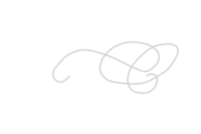 Notes
Notes
